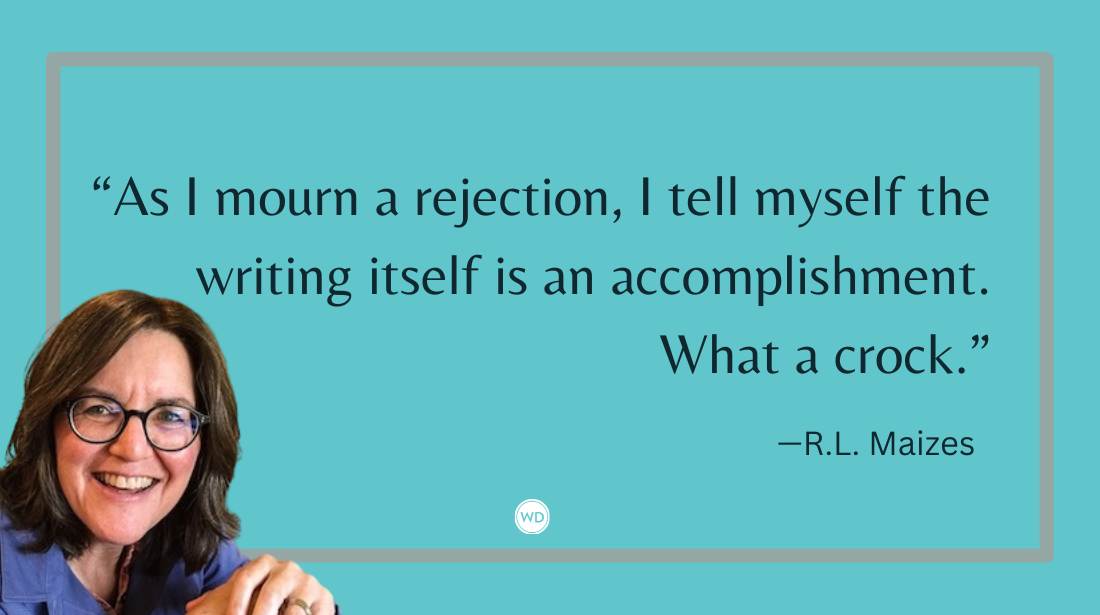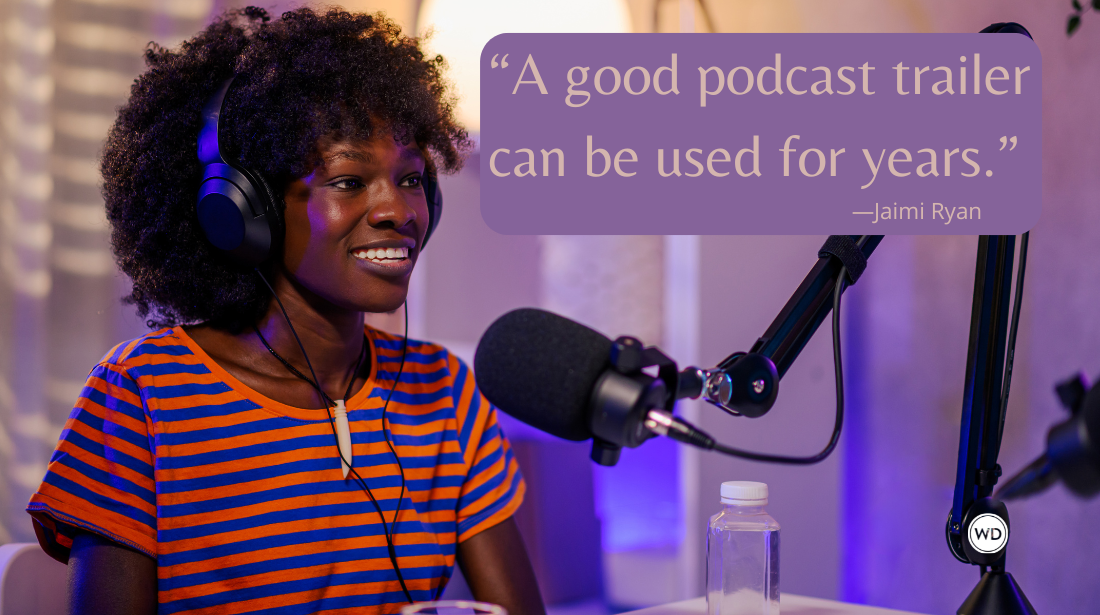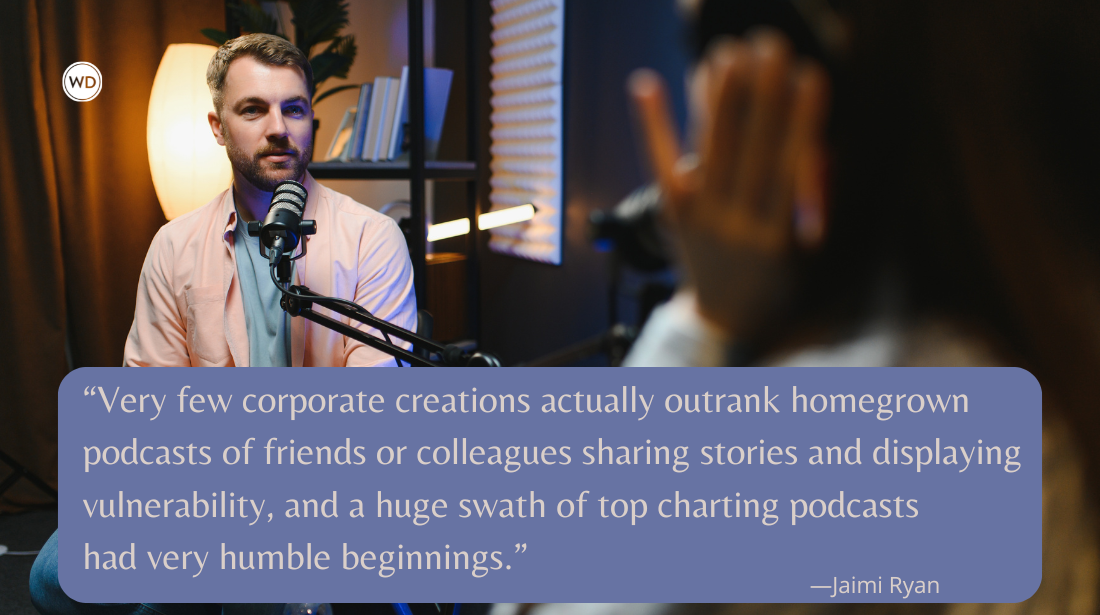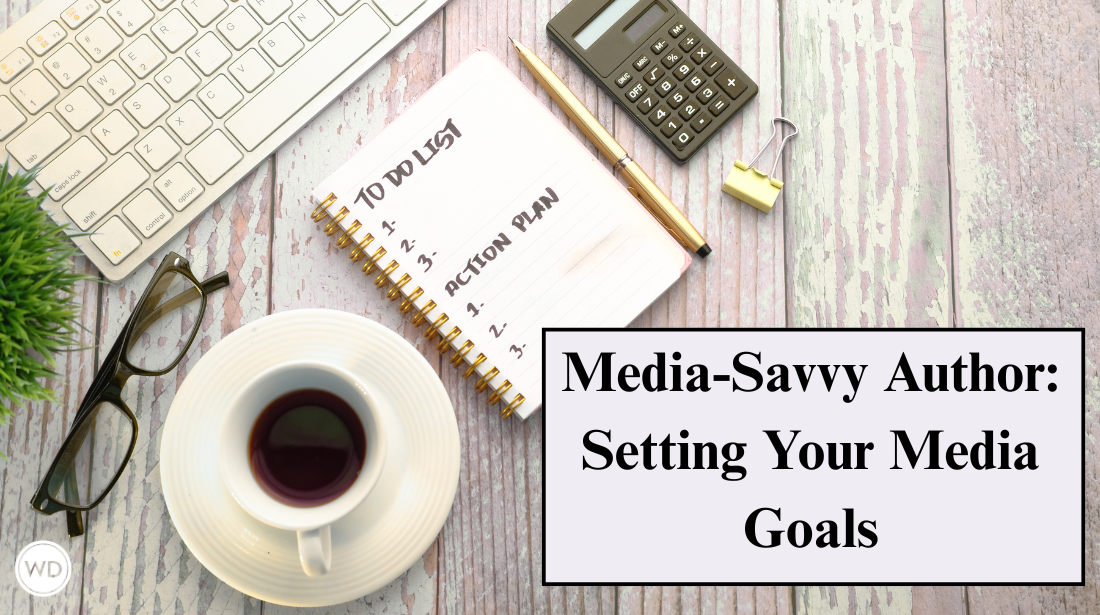Breaking In: The Ash Family Author Molly Dektar on Creating Her Chilling Cult Fiction
Debut author of The Ash Family Molly Dektar talks about picking one project to focus on at a time, the importance of taking research trips, and how she landed her dream agent in this unabridged Breaking In interview.
Debut author of The Ash Family Molly Dektar talks about picking one project to focus on at a time, the importance of taking research trips, and how she landed her dream agent in this unabridged Breaking In interview. Hear more about Dektar's publishing journey during the debut authors panel at the Writer's Digest Annual Conference in NYC this August.
Tell us about The Ash Family.
When a young woman leaves her family—and the civilized world—to join an off-the-grid community headed by an enigmatic leader, she discovers that belonging comes with a deadly cost.
Where do you write from?
I live in Brooklyn, New York. I wrote most of the book in Brooklyn, but I also wrote some of it in North Carolina, where I’m from, and where the novel is set.
Briefly, what led up to this book? What were you writing and getting published before breaking out with this book?
I’ve kept a daily journal since I was 11, and I wrote a very bad middle-school novel, a very bad high-school novel, and a pretty bad college collection of short stories. I got several short stories published in small online publications in 2012-2013. But—and this is not recommended really anywhere, and I don’t mean it to be a recommendation—I found that the time cost, and the emotional cost, too, of sending short stories to various magazines was not worth it. I thought, I ought to pour all this energy straight into a single book project instead. I was very fortunate to get into Brooklyn College’s MFA program, whose director, Josh Henkin, creates a sanctuary feel, without pressure to publish.
What was the time frame for writing this book?
I started writing the Ash Family during my time at Brooklyn College. A version of the book’s second chapter was my first workshop submission in my first MFA workshop in fall 2013. I thought it would just be a short story, but it kept growing from there. I wrote the first draft of the book in a year and a half. Then I sold the book in fall 2015. The editing process took three years.
The book changed a lot, but the vision didn’t: I made lots of structural changes, like unbunching the plot, combining or eliminating extraneous characters, and clarifying the rules of this off-the-grid homestead so that transgressions against the rules are clearer. A major thing I learned in editing was not to be cagey about what the narrator, Berie, is thinking. I had to learn to work in some detail about what she believed she was seeing, even though those reaction sentences can feel a bit too on-the-nose when I’m writing them. So many strange things happen in this novel and it’s hard for both the reader and Berie to tell if people are getting injured and dying by accident or on purpose.
How did you find your agent?
My agent is P.J. Mark at Janklow and Nesbit. I was extremely fortunate to be able to work with him. He represents many literary heroes of mine, and it happened because one of my Brooklyn College teachers, Dinaw Mengestu, shared my manuscript with him.
What were your 1-2 biggest surprises throughout the publishing process?
In school, I was always the kind of student who couldn’t stand to read a teacher’s comments on my work. I would read comments or evaluations as quickly as possible or not at all. With my fiction, I have always found it very uncomfortable, even embarrassing, to expose my work to friends, family, and acquaintances. I’m a very consistent person in general and so I was shocked to find that not only was it manageable to read my editor’s comments and suggestions (my editor was Emily Graff at Simon & Schuster, who is incredibly detailed and thoughtful), I actually craved her feedback. It probably doesn’t come as a surprise to you that editing can make a book objectively better, but I’m used to lots of hand-wringing and uncertainty and vague, undirected anxiety, and it was amazing to discover that how truly helpful, and even relaxing, the editing process was.
Another surprise is that it takes a long time to publish a book! I am a different person now from when I sold the book in 2015. Writing is very solitary, and you really depend only on yourself when you’re writing the draft. Then once you enter the publishing process, it’s a group project. You have to give up control. There’s apocalyptic thinking in my novel, and in my life, too. But the publishing world, and the world at large, are not going to fall apart before your book comes out. There’s time. Also, and I didn’t fully appreciate this before I sold my book: There’s more than one book deal in the world.
Looking back, what did you do right that helped you break in?
One thing I did right was I set very low bars for myself. I dismissed the big questions—the “What’s the best possible book I can write?” “What should my style be like?” the expansive side, the endless opinions. There are so many great works of literature and so many intriguing ideas about what good fiction should be. (Right before starting this book, for example, I remember reading Dennis Cooper and thinking, “This is the answer!” Same for Speak, Memory, and for Hemingway’s short stories—I wanted to write exactly like them, and for a period I was tortured by this.) And there are so many rules about how much time you should write and how much time you should revise and so on. And I let my mantra be, “Whatever works!”
It was helpful to find my project and work intensely on that project, and not, as I mentioned before, force myself also to write and send out short stories. It was helpful to find my references. There were not many but I was obsessed with the ones I found. While writing this novel, I became obsessed with Sacred Harp singing, a communal, decentralized, self-taught folk music tradition. I listened pretty much only to Sacred Harp music the entire time I was writing this book. I spent a year working on farms and didn’t concern myself with all the other kinds of traveling I could have been doing. I was also obsessed with reading about back-to-the-landers—I loved “Voices from the Farm,” and “West of Eden.” I also loved reading Murray Bookchin, bell hooks, and farming manuals. It’s very difficult for me to find references that resonate with me and I learned that you don’t need too many, just as you don’t need too many readers weighing in on your drafts. A friend of mine told me about the Duckworth “Grit Scale” and the short version of this answer is just that, to finish the book, I sacrificed voraciousness for grit.
On that note, what would you have done differently if you could do it again?
I wish I had traveled to where I set my book—the mountains of North Carolina—earlier in the process. I went there to stay on a farm in 2017 after the book had already gone through many drafts. It’s difficult to sink the time and money into a research trip, which is why I didn’t do it earlier. And I’d worked on lots of farms in many other locations, and herded plenty of sheep, and I am from North Carolina, and I’d done a lot of reading about the area. Farmers often find arrowheads in the fields, I’d read. But then when I got to the farm and actually saw the farmer’s collection of arrowheads, it all felt completely different. This would be a difficult change to implement, because a research trip early on in the process can feel like a risky investment if you’re not sure where the book is going and if you have other constraints and obligations. But it hugely improved the book’s sense of place, which is one of its essential elements.
Did you have a platform in place?
Early on, someone at Simon & Schuster told me to pick between Instagram, Facebook, and Twitter, and really use one of them, and I picked Instagram, because I’ve always liked taking photos. I also recently got on Goodreads. I’m so inherently retiring so it’s going to be a challenge.
What is the best piece of writing advice you have that we haven’t discussed yet?
I have two. One is something that lots of people say but I heard it from my teachers Bret Johnston and Josh Henkin: Make sure your character has something to want. Desire—even for something simple, like a glass of water—drives all suspense and all plot. It sounds too prescriptive, and when I first heard it I got defensive, because I love a listless, confused narrator. But the character’s desire provides a backbone for any story.
The other thing is something that transformed the writing of my second novel. I had no idea how to write a novel while holding down a day job. I thought the key would be “write an hour a day at a set time” but that wasn’t really working. Then last summer Jami Attenberg made this profoundly helpful newsletter called “1000 Words of Summer” (the archive is here) with a daily encouragement to write 1,000 words. I had never even imagined trying to write that much. And changing my rubric from “time spent” to “words written” had a surprisingly huge impact. I couldn’t keep pretending that clicking around doing “research” was part of the writing, and I started adding pages. (I can only really force out 500 words at most. 1,000 only happens on special days.) In one of the newsletters, Will Leitch quotes Roger Ebert, saying “The muse visits during the act of creation, not before.” I think about that every day.
What’s next?
I just finished the first draft of this adulterous romance book. I tell people “romance”—it’s very amorous! As embarrassed as I am to show my work to family and friends, I also keep plunging forward into the very heart of embarrassing topics. Like a death drive. So we’ll see how it changes in editing.
Writer's Digest Annual Conference | New York City









